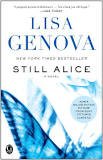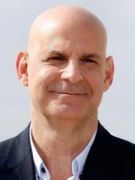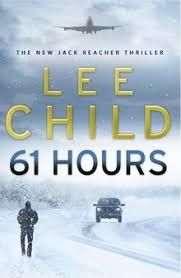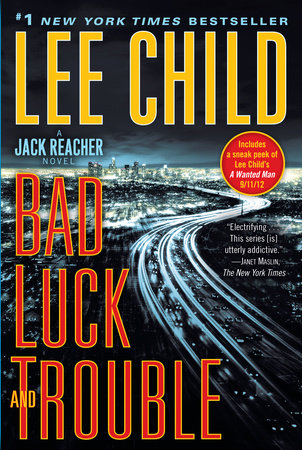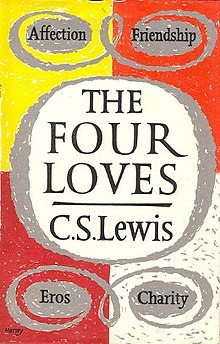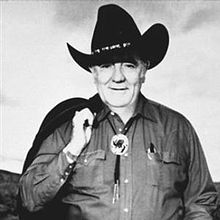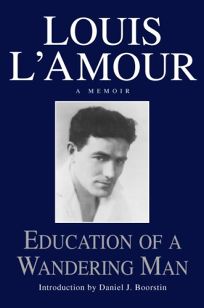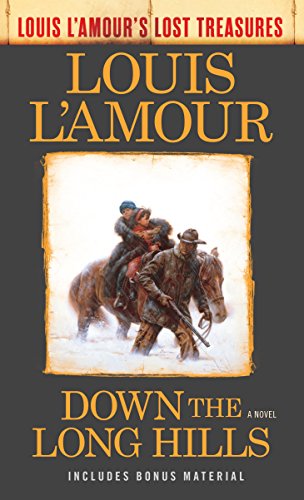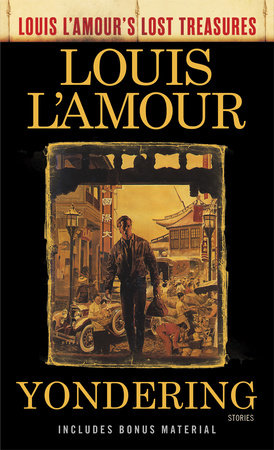Still Alice, Left Neglected, Love Anthony, Inside the O’Briens, Every Note Played, Remember, and More or Less Maddy. Her novels, which revolve around people with heartbreaking diseases, are unique in that they are informed by her background as a Neuroscientist. This perspective allows her to bring a compassionate and scientifically accurate look at these lives, making her an essential literary influence in literature today.
Writers Digest, a reputable literary publication, featured an article in January 2018 titled “Living for All It’s Worth: The Novels of Neuroscientist Lisa Genova.” The article, written by a guest columnist, provides valuable insights into Genova’s thoughts and her unique approach to writing about illness and empathy.
“People often ask me if it’s depressing writing about these hideous diseases,” she says. “There is certainly tragedy and heartache, but I don’t find it depressing. I find it inspiring. I learn so much about how to live from people who are dying or coping with various diseases.” This perspective of finding inspiration in the face of adversity is a testament to the resilience of the human spirit.
As a writer, Genova has focused on life’s struggles. She looks inside the world of her subjects and has little need to draw from the narrative and philosophy of others to show who her characters are. The plot becomes important in her characters' lives. She said, “Your value as a human being doesn’t depend on your memories, what you can and can’t do, or whatever disease you may have.”
Her message is as much about love as it is about debilitating diseases. In her novels, the disease sometimes frees its victims to see what is most important in their lives: repairing relationships and freely giving love. This emphasis on the power of love and relationships is a poignant reminder of the human experience.
Genova said, “All my books are about empathy,” and added that when she interviews people, they say, “I want to love still and be loved. I want to still matter. I want to be seen and heard.”
Seven of her books, including More or Less Mandy, Remeber, Still Alice, Left Neglected, Love Anthony, Inside the O'Briens, and Every Note Played, have been reviewed on this site. To read these reviews and gain a deeper understanding of Genova's unique perspective, visit the Past Review Section.
www.lisagenova.com
See Reviews, Click on Books
A thank you note from Lisa Genova


